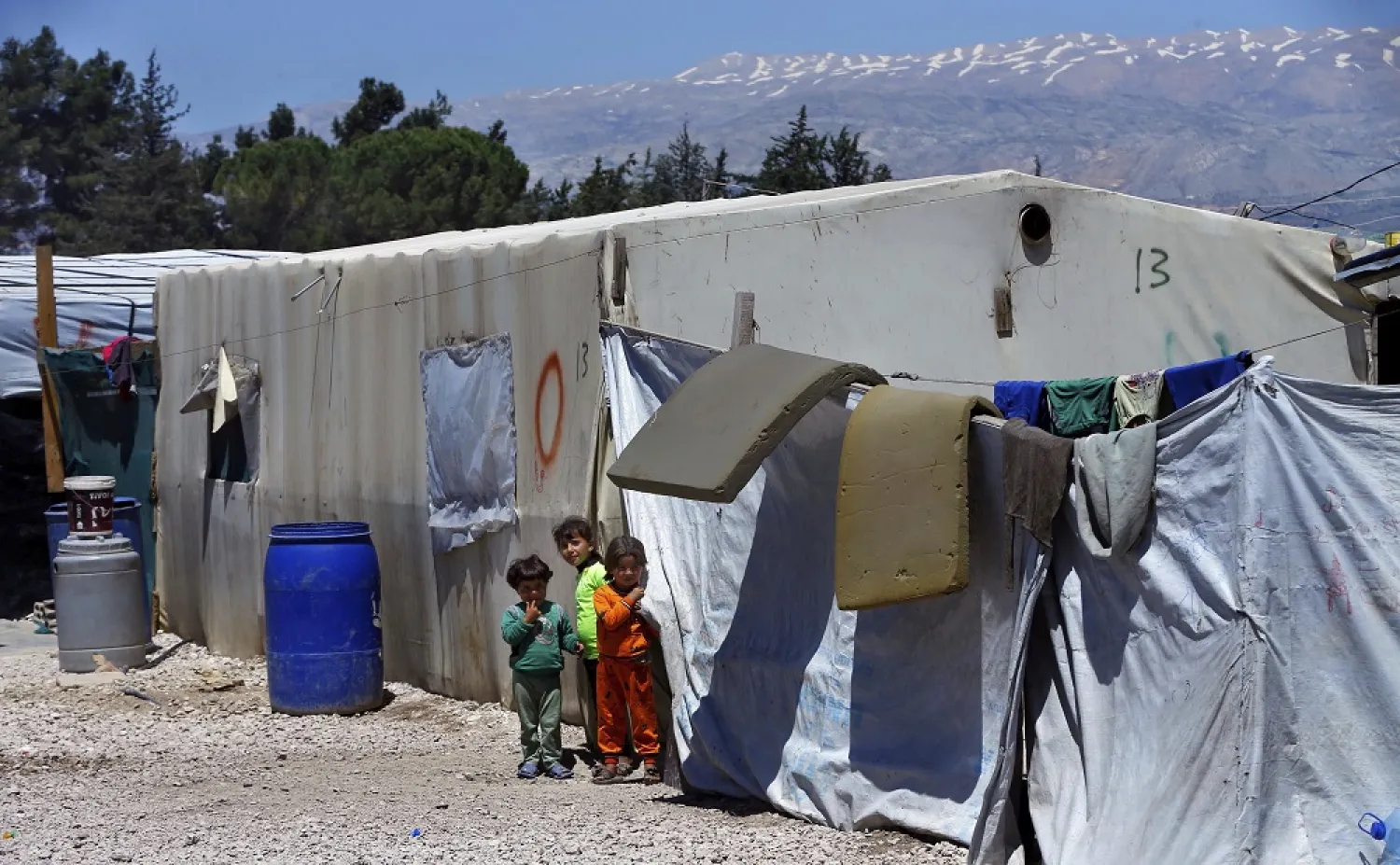A Russian delegation, headed by Alexander Lavrentiev, President Vladimir Putin's special envoy for Syria, is expected on Tuesday to begin an official visit to the Lebanese capital to follow up on the latest developments related to the return of Syrian refugees to their homeland.
Lavrentiev is also expected to hand Lebanon, and later Jordan and Iraq, an invitation to participate as observers in the upcoming round of Astana talks set for July.
He is scheduled to meet with President Michel Aoun, Speaker Nabih Berri, Prime Minister Saad Hariri and Foreign Minister Jebran Bassil.
The Russian official is set to head to Syria after his stop in Beirut.
Informed sources told Asharq Al-Awsat that Lavrentiev will “inspect” the issue of returning refugees to Syria given that the factors to ensure the success of the Russian initiative for their return are “not available yet.”
His visit coincides with political escalation against the displaced and government measures to activate the labor law that has affected Syrians working in Lebanon.
Bassil’s Free Patriotic Movement has been championing these efforts.
Political sources that reject the aggressive rhetoric against the refugees told Asharq Al-Awsat: “No party in Lebanon links the return of refugees to the political solution in Syria. We all agree that Syrian refugees need to return before the achievement of a political solution.”
However, the sources said that those calling for the “immediate” return of refugees fail to take into consideration the fact that the Syrian regime has not yet officially called on the refugees to return to their homeland.
“Some Lebanese ministers who regularly visit Damascus did not hear such a call,” the sources added.
Lebanese political sources said the Russian initiative is until now “frozen”, pending an international push that will take shape with the upcoming meeting between US President Donald Trump and Putin during the G20 summit in Japan later this month.
Last week, Russia’s defense ministry announced that some 900 Syrian refugees had returned to their homes from Jordan and Lebanon in 24 hours.









